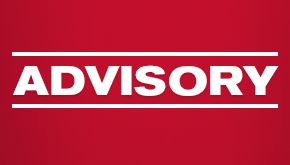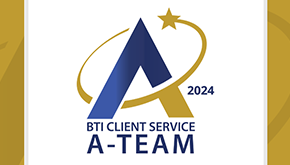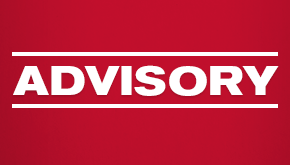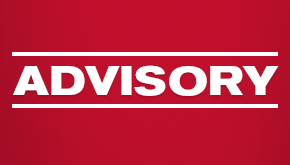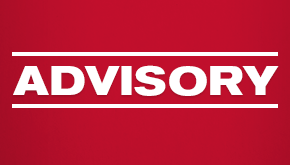Considerations for Co-ops and Condos in Light of New CDC Recommendations
On May 13, 2021, the Centers for Disease Control and Prevention (CDC) issued “Interim Public Health Recommendations for Fully Vaccinated People.” A few days later, New York State (NYS) issued its “Reopening Guidance,” effective May 19, 2021, which is based upon the CDC rules. There has been some discussion as to the meaning of some of these rules, and as to the applicability to cooperatives and condominiums. In addition, since there are determinations to be made by each Board in creating its own policy in compliance with the foregoing, the following sets forth some of the issues the Board should consider in making its decision.
Although the two foregoing documents have been written for businesses, we believe that the rules should apply to residential buildings, and unless specific rules are promulgated for residential real estate, we recommend compliance with the following, which summarizes the two documents noted above.
Under the NYS guidance, the Board has a choice: (1) continue with the Board’s current COVID-19 policy, or (2) adopt a new COVID-19 policy following the May 13 CDC recommendations.
Continue the Current Mask Policy
The Board can continue to utilize the current system it has established for social distancing and masks for residents, staff, contractors (and vendors) and visitors, without regard to their vaccination status. This would seem to be the more conservative approach, and of course, this can be changed at any time in the future.
Adopt the New CDC Rules
The other choice the Board has is to follow the May 13 CDC rules:
- Fully vaccinated people need not wear a mask nor social distance themselves.
- Unvaccinated people must continue social distancing and must wear masks.
The above CDC rules apply to most settings, including gyms, retail, offices, etc., but do not apply to schools, health care centers and certain other businesses.
Any NYS capacity limitations which were previously required are no longer in effect, and the only limitations on capacity would be if there are unvaccinated people at the location, since those people need to continue social distancing (i.e., be six feet apart).
If a Board implements the CDC rules, it may require proof of full vaccination status through paper or digital forms, or the Excelsior Pass. But the NYS guidance also allows the Board to rely on self-reporting (e.g., honor system) instead. Requiring proof may be problematic, since it may put the staff (especially the doorperson) in a difficult position, as they must contend with residents who may not appreciate being asked to show their proof every time they enter the building.
If the honor system is adopted, it is clear that there may be abuses, as residents and visitors who are not fully vaccinated may not be totally honest with the doorperson. That, however, may pose safety issues. In this regard, the Board might consider asking residents to “register” and show their proof the first time, and the staff might be asked to keep a list of those persons who have registered, and who are allowed to be in the building without a mask. Properly maintaining this list may be problematic, and should be discussed when creating the policy. However, that still does not obviate the potential problem of a person who refuses to both produce proof and wear a mask, and there still remains the question of enforcement.
Adopt a Hybrid Policy
There seems to be no prohibition from adopting a hybrid COVID-19 policy. For example, a Board could adopt the CDC rules for all areas of the building except the elevators and the laundry rooms, where masks and social distancing may still have to be practiced. Further, the Board could continue to require non-residents, such as dog-walkers, contractors, vendors and delivery persons, to continue to wear a mask. Finally, a Board might consider asking staff who enter an apartment to don a mask even if vaccinated. So that unvaccinated staff members are not subjected to harassment, the Board may ask all staff members to continue to wear masks. In light of the current understanding of the efficacy of the vaccinations, a hybrid COVID-19 policy might be the best solution for the Board which wishes to loosen the rules for residents, while trying to keep them safe.
Given these rules, a number of questions arise. These relate to broadening usage of space in the building, as well as the possibility of different rules for different spaces. For example, should personal trainers be allowed? If they are not vaccinated, can the Board prohibit personal trainers in the gym? We think the answer is yes to both questions. A Board may also decide to require trainers to wear a mask (even if vaccinated) even though residents may not be required to wear a mask if vaccinated. Should the amenity space, such as a children’s playroom, be allowed to open? Though we believe that any prior restriction has been lifted, the Board may still wish to keep any mask requirement in place in that room – particularly since the children are likely unvaccinated.
The NYS guidance is clear that the Board may decide exactly what policy it should adopt, and no one particular policy is better than the other. The Board will have to determine, based on many factors, what is best for its building.
We will continue to monitor further governmental and industry announcements, and we will provide additional advisories as necessary.


